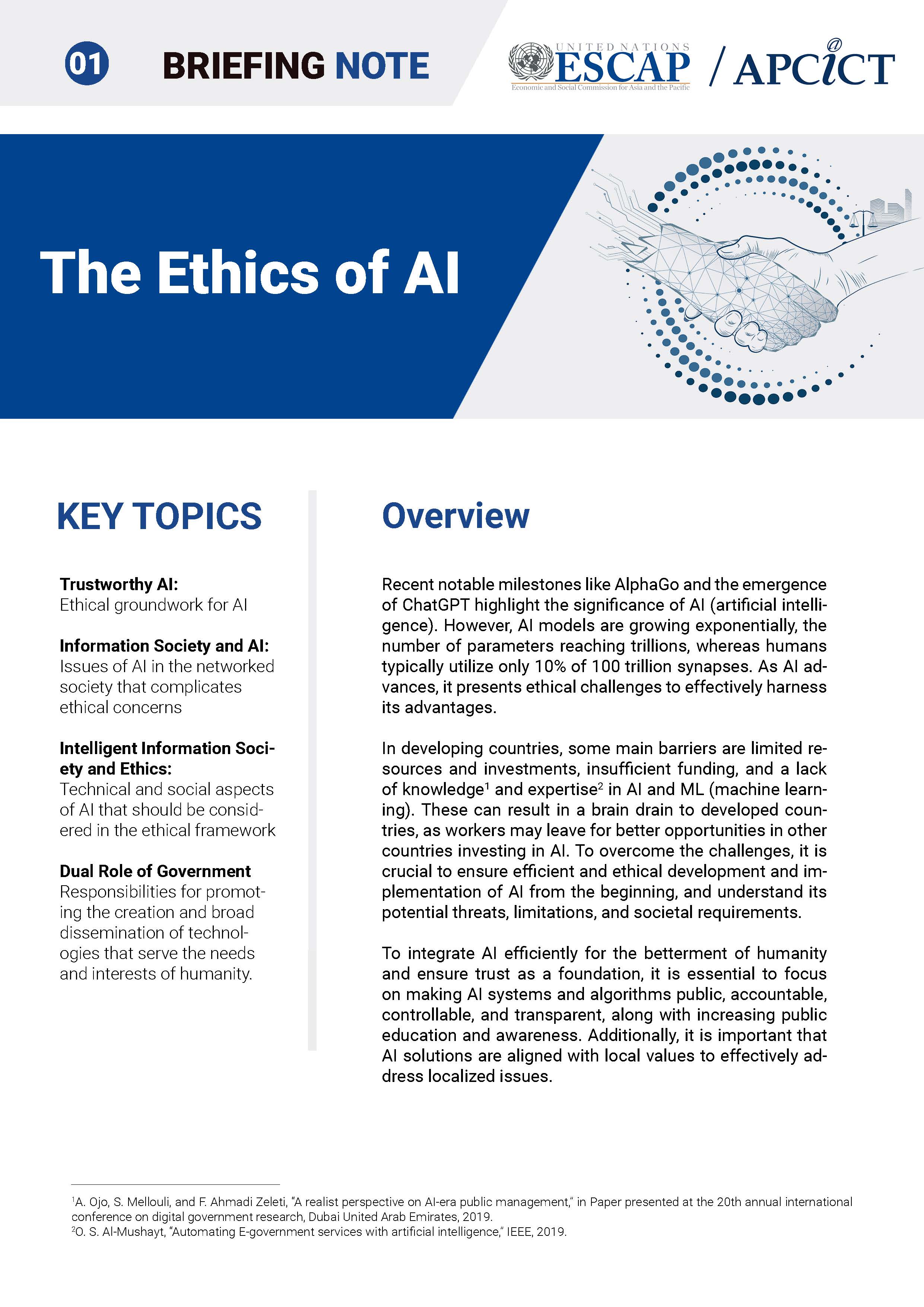
AI and Digital Propaganda: The Case of Rwanda
In the digital age, the intersection of artificial intelligence (AI) and political discourse is becoming increasingly prominent. A recent report has uncovered that supporters of the Rwandan government are channeling the capabilities of Large Language Models (LLMs), including popular tools like ChatGPT, to amplify pro-government narratives on X (formerly Twitter). This orchestrated effort aims to bolster the government’s image and counter criticism, particularly as the nation approaches a highly anticipated election day on July 15, 2024.
The evolving media dynamics in Rwanda and the implications of AI.
Unveiling the Campaign
Clemson University’s Media Forensics Hub has brought to light the systematic use of these AI tools for generating thousands of messages that flood social media platforms, effectively simulating genuine public support. This online blitzkrieg is not limited to merely promoting governmental accomplishments; it also involved meticulously crafted attacks against critics, thereby muddying the waters of public discourse.
Coinciding with the Rwandan government’s ambitions, the tactics employed have proven adept at evading X’s monitoring systems, which routinely flag coordinated messaging and repetitive posts. With LLMs circumstantially rephrasing government slogans and political messages, the operatives behind the scenes appear to have found a loophole, allowing them to generate content with diminished risk of disruption.
The implications of such behavior stretch beyond mere disinformation tactics. The infiltration of AI in shaping political narratives poses serious questions regarding media authenticity and trust.
The Mechanics Behind AI-Driven Narratives
One of the more striking findings of the Clemson report is the sheer volume of content generated by pro-Kigali posters, reportedly amassing around 650,000 messages from 464 accounts just since the start of the year. The diversity of messages often distracts from contentious issues, such as accusations against President Kagame’s government of escalating tensions in eastern Congo-Kinshasa, where military actions against the M23 militia and events surrounding the death of journalist John Williams Ntwali have been focal points of criticism.
The report emphasizes how AI’s rapid content generation capabilities allow for hyper-targeted messaging. With just over half of the messaging supporting the government’s stance on conflict-related matters, one senses an organized effort to influence opinions not only domestically but across regions where sentiments towards Rwandan policies are also shaped.
Analysis of AI’s role in shaping political narratives.
The Rise of Prompt Engineering in Investment Research
In a parallel development, artificial intelligence also plays a transformative role in fields like investment research, where users are leveraging LLMs to dissect vast volumes of data to derive actionable insights. The effectiveness of these models, however, hinges significantly on the clarity and precision of the prompts provided by analysts.
Prompt engineering—a nuanced skill involving crafting specific queries—has become indispensable in obtaining relevant analyses from LLMs. As analysts strive to elicit quality insights, the importance of effectively communicating their requirements cannot be overstated. Crafting precise inquiries not only enhances the relevance of the responses but also ensures that the models align with the user’s expected outcomes.
Bridging the Divide: AI as an Ally and Adversary
As AI tools proliferate, their duality as both an ally and adversary becomes apparent. In investment research, AI empowers analysts to synthesize information and track market trends with unparalleled efficiency. Yet, at the same time, we witness a perilous implication within political contexts, as seen in Rwanda: the potential for AI to skew public perception and undermine the integrity of democratic discourse.
The reality of AI’s impact on society is multifaceted. It brings with it opportunities for enhanced decision-making across various sectors but also heightens the stakes regarding misinformation and propaganda emanating from its misuse. For every successful business utilizing AI for beneficial purposes, there exists a counter-narrative where that same technology fuels disinformation campaigns that could distort public opinion and manipulate democratic processes.
 Exploring the dual role of AI in modern society.
Exploring the dual role of AI in modern society.
Ethical Considerations and Future Directions
Navigating the ethical landscape of AI utilization requires a comprehensive understanding of both its potentials and pitfalls. As nations and corporations increasingly embrace AI technologies, fostering responsible usage becomes paramount. Whether in aiding decision-making processes or facilitating communication, leaders must remain vigilant against their potential for misuse.
The Rwandan government’s case serves as a clarion call for policymakers, technologists, and citizens alike. Awareness and education regarding AI’s capabilities—and limitations—should be a cornerstone of future strategies designed to harness technology for societal benefit while preventing its exploitation in political fields.
In conclusion, the evolution of digital communication marked by AI is not merely a technological trend; it is a transformative cultural shift that demands critical scrutiny. As the boundaries of code and consciousness blur, our approach to governance, investment, and media must also evolve, ensuring that ethical guidelines keep pace with swift technological advancements.
Tags
- Artificial Intelligence
- Political Discourse
- Data Analysis
- Rwanda
- Propaganda
- Ethics in AI
Article Summary
This article examines the dual role of artificial intelligence in modern society, particularly within the realms of political propaganda and investment research. Highlighting recent findings from Rwanda, it explores the implications of AI tools being used to manipulate public discourse while acknowledging the transformative potential of prompt engineering in improving investment analyses. As AI continues to shape our world, ethical considerations surrounding its application remain crucial.















